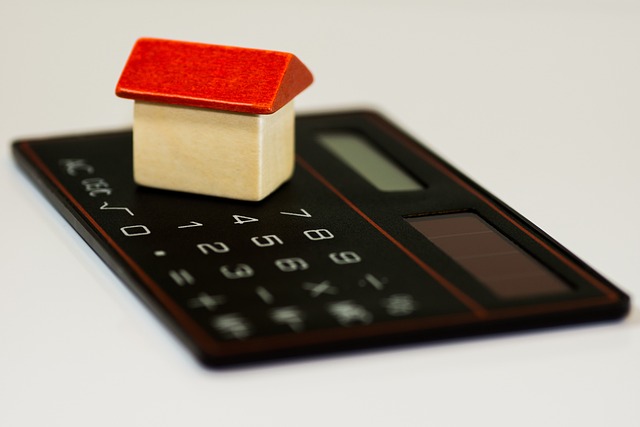If you are thinking about buying a new home, knowing the difference between paying cash upfront and taking out a mortgage can help you make the best decision for yourself. People have different perceptions of what debt means when it comes to buying a house.
So, understandably, some buyers try to avoid mortgage debts by doing all they can to get their hands on enough cash to buy outright. But how do cash vs mortgage purchases compare? If you are thinking of how you can buy your dream house, here is what you need to know about choosing the best finance option to take. Commercial mortgage truerate services have become a new way of comparing different loan rates. These services make use of computerized software to compare different loans.
Mortgage vs Cash: Explanations
Normally, when you use cash to pay for a house, it means that you will not have to pay any interest or cost of closing. On the other hand, a mortgage funding option may provide more finance (a secure loan) from the bank for you to buy a better home. Tax benefits may be attached to mortgages. But as a borrower, you don’t actually own the property until you have finished paying the full capital amount. The lender reserves the legal right to repossess your asset if you fail to meet the terms and conditions of the repayment plan.
There are also government-backed schemes like USDA loans that help eligible first time home buyers purchase a home. These types of government schemes usually have better interest rates and flexible payment terms compared to other borrowing options, that’s why it’s best to explore all options available to you before buying a home.
Whether you want to choose cash or a mortgage to buy your dream home, it’s your responsibility to consider the option that’s more convenient for you.
Advantages of Using Cash to Buy a Home
According to Robert Semrad (founder of a Chicago-based) bankruptcy law firm), using cash to buy a house is beneficial in the sense that there are zero fees on appraisal and origination. Also, you will avoid the unnecessary fees that some lenders usually charge potential buyers before they assess them.
However, some sellers also prefer cash to a mortgage. In a competitive real estate market, so full of uncertainties, cash saves sellers from the risk of clients packing out of their homes because of a lack of money. House closings can be closed faster up when there is cash involved in the deal. Mortgage loans may lead to further delays in processing documents and other procedural necessities. With that being said, sellers may also give discounts to buyers who are ready to pay cash.
How is a Mortgage Beneficial for Buying a House?
People who want flexible deals in the real estate market, they may not want to use cash to pay for a property at once. Spending all their cash limits a buyer’s ability to try other flexible offers when they pop up. For instance, the home may need further renovation after closing. And if your credit scores in the future aren’t great, you may struggle to get an equity loan. Meanwhile, your home will be depreciating as the years come by.
Home cash buyers may also have challenges when they want to sell their properties in the future. If a buyer stretches himself financially to acquire a house, he may need to ensure that he has more cash reserves as a deposit.
In summary, it’s up to you, the buyer, to have a better idea of your financial situation before you choose a mortgage or cash. Pick the funding option that will bring more returns on your investment.






